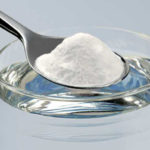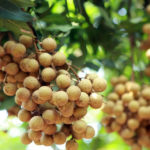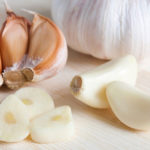Collagen is a protein abundant in the human body. It is an important component of body parts such as the skin, bones, joints, and connective tissues…
As we age, collagen breaks down, and the body’s ability to maintain collagen decreases, causing joints to weaken and skin to develop wrinkles and sagging.
Environmental factors such as exposure to ultraviolet rays, air pollution, or prolonged stress can also accelerate the aging process, causing collagen loss to occur faster.
Research also shows that nutritional deficiencies can affect the process of protein synthesis and collagen production in the body. To create any type of protein, including collagen, the body needs the combination of amino acids. These amino acids are found in food. Additionally, the body also requires other vitamins and minerals for collagen synthesis.
Below are some foods that are beneficial for the body’s collagen synthesis process that you can consider and incorporate into your daily meals.
Kale
Kale, also known as leaf cabbage, is a vegetable rich in beneficial vitamins and minerals. 100 grams of kale can provide 49mg of calcium, 21.8mg of vitamin C, 469mcg of vitamin A, 2.03mg of vitamin E, and 482.9mcg of vitamin K.
The abundant vitamin C in kale helps promote collagen production in the body. Additionally, this vegetable also provides many antioxidants, helping to prevent collagen breakdown.
Kale provides a lot of water, helping the body stay hydrated and increasing skin moisture.
The calcium in kale helps maintain strong bones and prevent osteoporosis.

Cilantro
Cilantro contains a high amount of vitamin C, which helps promote collagen production in the body. 100 grams of cilantro contains 146mg of calcium, 24mg of vitamin C, 635mg of vitamin A, 2.5mg of vitamin E, and 310mcg of vitamin K. You can use cilantro in many dishes, adding flavor and important nutrients to the body.
Cilantro also contains linoleic acid and antioxidants that help counteract free radicals, prevent cell aging, and promote healthy skin.
Tomatoes
Tomatoes contain high levels of vitamin C and antioxidants, which have a powerful effect on protecting the skin and promoting collagen production. A small tomato (about 91 grams) can provide 12.5mg of vitamin C, 38.2mcg of vitamin A, 0.5mg of vitamin E, 7.2mcg of vitamin K, and 408.6mcg of beta carotene.
The abundant vitamin C in tomatoes can assist the body’s collagen production. The antioxidant lycopene in this fruit helps make the skin healthier, firm, and tightens pores while protecting the skin from harmful effects of sunlight.
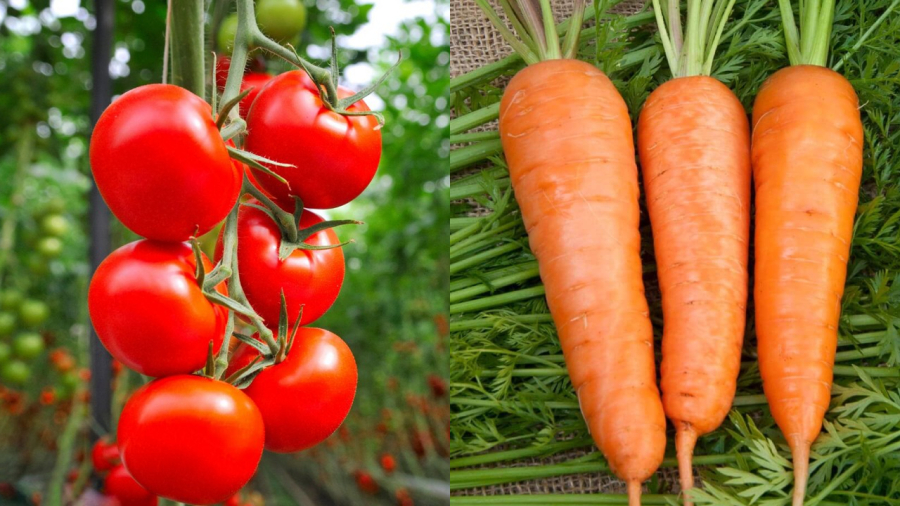
Carrots
100 grams of carrots can provide 43mg of calcium, 5.9mg of vitamin C, 835mcg of vitamin A, 0.66mg of vitamin E, and 13mcg of vitamin K.
Carrots provide a lot of vitamin A and beta-carotene. These are two important substances in collagen production. They also help slow down the process of collagen destruction, maintaining the skin’s elasticity.
Retinol: A Fountain of Youth for Hair, Skin and Acne Prevention
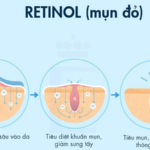 Skin and Acne Prevention’>
Skin and Acne Prevention’>Women have relied on retinol for many years to achieve healthy, glowing skin. But what exactly is it that makes this golden ingredient so powerful? Discover the answer in today’s article!
How to Effectively Treat Fishbone Issues at Home
Everyone loves feasting on the deliciousness of fish during the holidays. But, unfortunately, choking on fish bones is an unavoidable issue that may lead to devastating consequences if left unattended for a prolonged period. Let’s see how Dien May Xanh can help us out when fish bones get stuck in our throat.

























